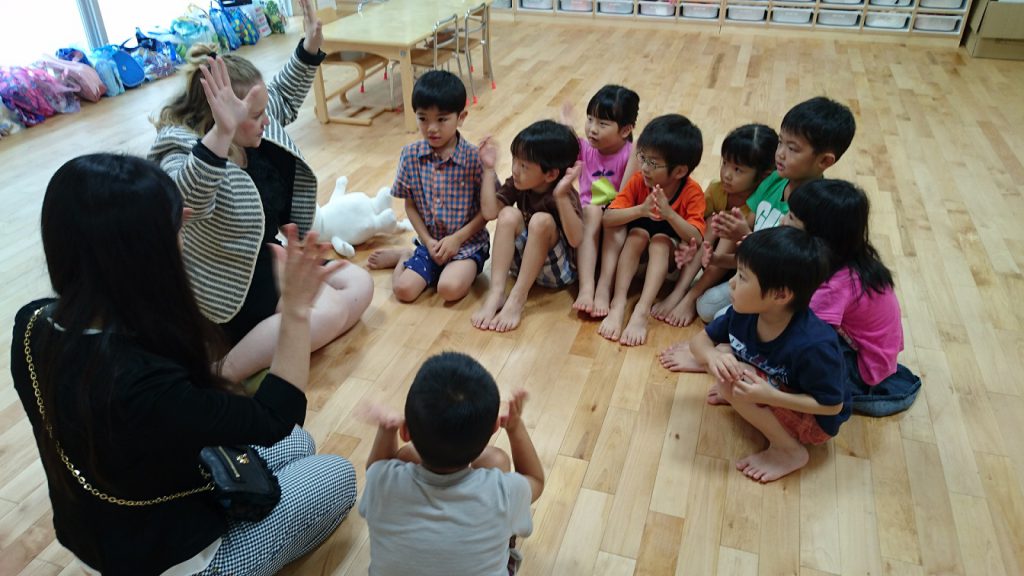Research in early childhood education proceeds all the time, giving us more knowledge on what kind of pedagogy our kindergartens should practice. New educational methods are being practiced and integrated to the daily routines in kindergartens. Society is developing and we are introduced to new concepts such as digitalization, child based learning and 21st century skills. The quality and level of education is increasing, which in turn increases the pressure on kindergarten teachers and other educators. Additionally, we often believe that we need a lot of different items in order to practice good and meaningful early childhood education. When there is so much to choose from, from entertainment games to self-built robots, we might forget that sometimes the best pedagogy is practiced without any items.
Back to Basics
We all probably have a song or a rhyme that we still remember from our childhood. We might remember when we sang Itsy-Bitsy Spider during circle time or when we sang Rudolf the Red Nosed Reindeer at the Christmas party. Even if we might not think about it in our daily lives, there is a solid pedagogical reason why nursery rhymes are such an important part of the daily routines in kindergarten. When a small child sits on the teacher's lap and they sing together, big things are happening. The small child experiences joy and feels safe sitting in the teacher's lap. While singing, the child feels the rhythm of the song in their body and hears the melody of the language. At the same time, the small child's vocabulary expands and the child will learn things about our beautiful world, that he or she might not have experienced yet. While singing, a whole lot of learning is happening and we can't see it.
A Handy Tool for Language Learning
Susan Kenney, a retired music education professor, is a nursery rhyme supporter. She reminds us of the importance of nursery rhymes in kindergarten. Nursery rhymes are very important for children's language development. In addition to language, children develop their cognitive, physical, social, emotional and musical skills. With the help of nursery rhymes, a new linguistic world opens up for children. With nursery rhymes, children will easily learn and remember new words.
According to Kenney, songs include everything that children need in order to learn how to speak and read. While singing, children can easily imitate and practice the language. The short sentences in rhymes are often the first sentences a child will learn. Songs and rhymes are easy and catchy and for that reason they are perfect for foreign language learning. With the help of songs and rhymes, children are introduced to new models of the language and their vocabulary will grow fast. Music is, therefore, very important not only in kindergarten, but also for the language development. And we can use it without any items.
Kenney, S. (2005). Nursery Rhymes: Foundation for Learning.


